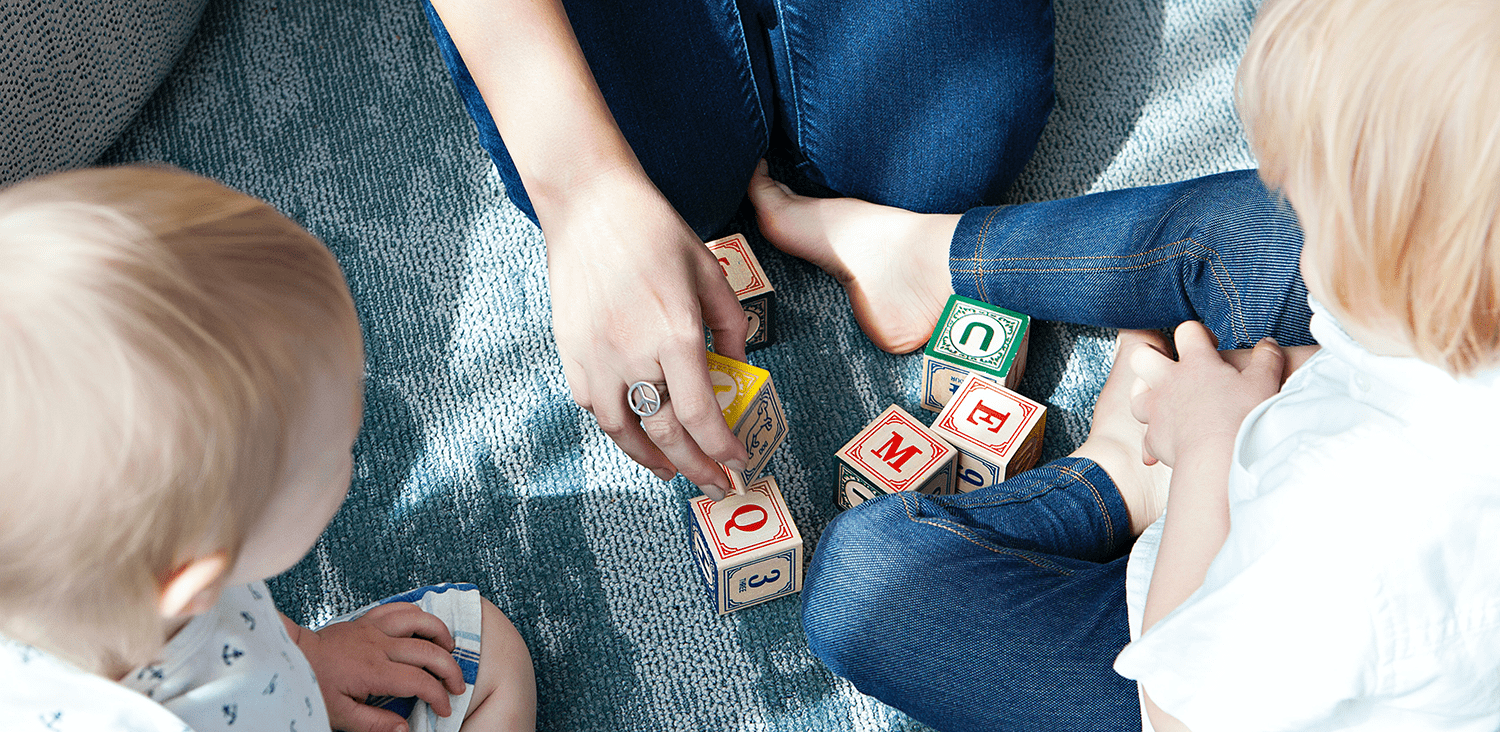
Research: Family Partnerships Don’t Predict Preschooler Learning?
Please excuse the overly provocative title, but I wanted to get your attention. This post will focus on the question, Does family engagement matter for preschool student performance? The blog title refers to a recent article published in the prestigious journal Science, entitled Can Rating Pre-K Programs Predict Children’s Learning? by TJ Sabol, SL Soliday Hong, RC Pianta, and MR Burchinal. The study looked at 673 preschool classrooms and the learning outcomes of 2419 children in 9 different states. The study investigated whether Quality Rating and Improvement Systems (QRIS) scores correlated with children’s learning. The QRIS included teacher qualifications, environment, group size/ratio, teacher-child interaction, and family partnership. If you are a regular reader of this blog or up on the relevant parenting literature, you would predict that family partnership would be a strong predictor of children’s achievement. In this large randomized study, family partnership wasn’t predictive. In fact, the authors conclude:
On most measures of children’s learning, programs rated high by QRIS produce outcomes that are not significantly better than those of low-rated programs. Sabol et al. 2013
In addition to family partnership, staff preparation, group size and adult/child ratio weren’t predictive, and the learning environment was only weakly predictive of children’s achievement. This of course produces a conundrum. We all want to believe quality matters. But here is a large randomized controlled trial published in a prestigious journal showing that, for most QRIS components, quality didn’t predict children’s learning; not even our anticipated family partnerships. However, one factor was strongly predictive of child learning. We’ll get to that after we look more closely at the family partnership component.
Either quality doesn’t matter or the way we measure quality is flawed
As we have pointed out in many posts, parenting quality may be the strongest predictor of children’s academic success (see 1,2,3,4 and 5). It is in the family partnership component of the QRIS where parenting quality would most likely reside. In this study, family partnership included factors common to the nine state QRISs:
1) Transition to preKindergarten
2) Transition to Kindergarten
3) Family-Teacher communication
4) Family allowed to visit
5) Frequency of family volunteering
6) Family events
7) Community resources
The study made a composite score of these seven factors to rate the quality of the family partnership component of the QRIS. None of the seven get at the quality of parent-child interaction, which is what most research suggests is the factor that contributes to healthy child development.
Interaction is the Key to Children’s Learning
The one component in this QRIS study that was strongly predictive across all the children’s learning domains, was teacher-child interaction. So actually, this study resonates with what we’ve been saying all along, interaction with adults matters in the development of young children. For part of the day, that adult may be the child’s preschool teacher. For most of the time though, it is a parent or guardian. Put in that light, this study agrees with the research we have cited previously that interaction matters most to children. This study shows that most children are not attending preschools with high quality teacher-child interaction. This may explain, at least in part, why parenting quality is commonly found as a more important factor in children’s learning than childcare experience.
Measuring What Matters to Children: Interaction
One of the authors of the study, Robert Pianta, is also one of the authors of the CLASS – Classroom Assessment Scoring System. I am always moved when I hear him present at conferences. He has long and eloquently argued for the importance of assessment in promoting quality that matters for children.
What gets measured gets done. To improve the effectiveness of teacher-student interactions, we must first know how to assess them. Robert Pianta
The CLASS tool is a reliable and valid measure of teacher-child interaction. The Pre-K version of the CLASS is now being used to assess Head Start center-based classrooms.
We have heard from those trained in both the CLASS and our parenting assessment tool, the Keys to Interactive Parenting Scale (KIPS), the two tools have remarkably strong parallels between them. Would you expect quality preschool teaching behaviors to differ greatly from quality parenting behaviors? If we are aiming to measure what makes a difference for children, then there should be strong parallels.
Assessments can guide the way to improvement, and improvement leads to high quality. Envision a world where all young children have high quality interactions with teachers at school and parents at home. The will and assessments can us get there.
